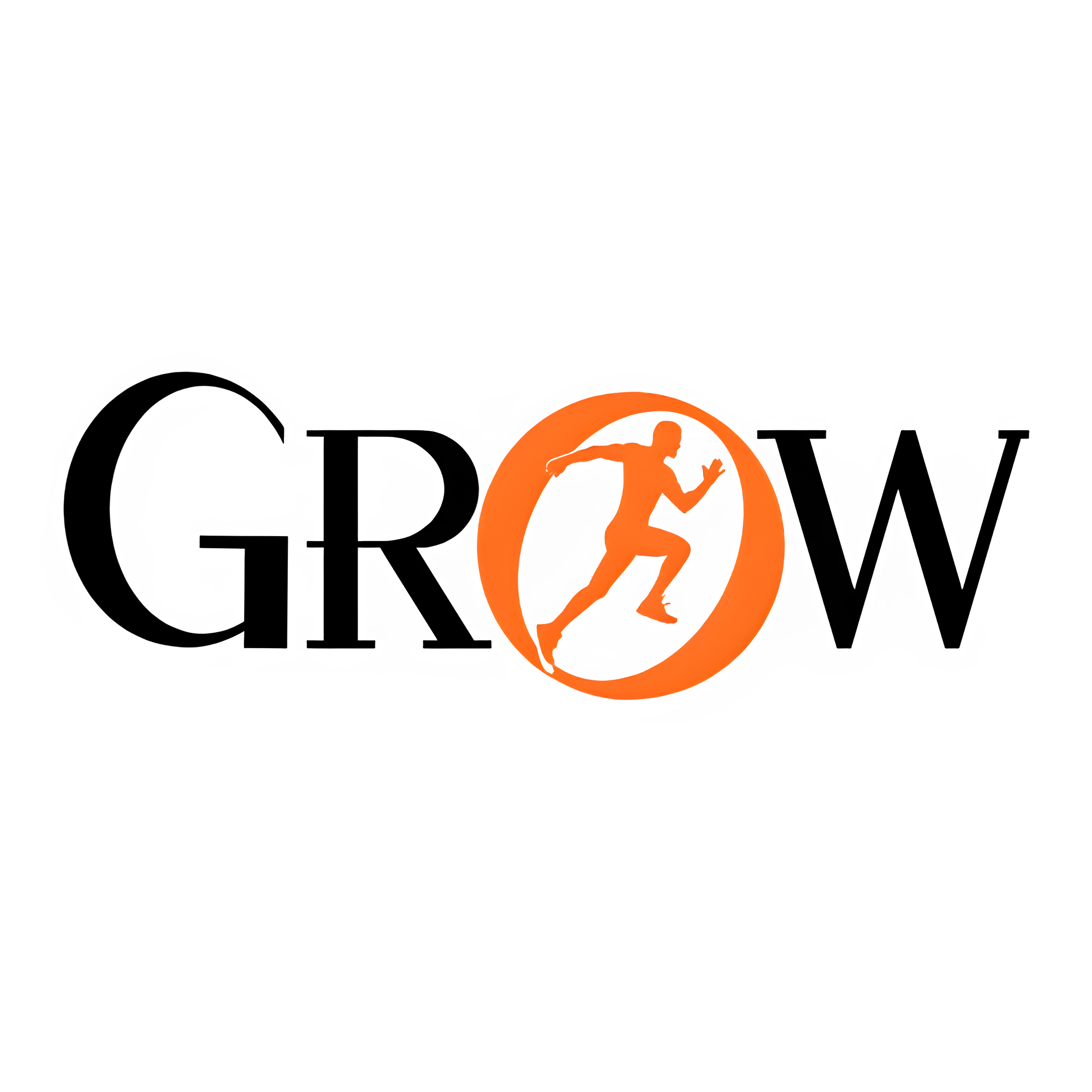In the past, freelancing was often seen as a temporary solution or a side hustle. But in 2025, it has become a powerful force reshaping the global economy. This shift—known as the creator economy—is empowering individuals to monetize their skills, passions, and creativity like never before. From graphic designers to video editors, from writers to influencers, freelancers are not just surviving; they are thriving in this new digital era.
What is the Creator Economy?
The creator economy refers to the growing ecosystem where individuals—rather than traditional companies—create, promote, and sell products or services online. This includes:
Content Creators: YouTubers, podcasters, and TikTok influencers.
Freelancers: Designers, marketers, writers, developers, and consultants.
Educators: Online course creators and coaches.
Entrepreneurs: Small business owners leveraging platforms like Etsy, Gumroad, or Patreon.
The driving force behind this movement is the accessibility of digital platforms. Anyone with skills and creativity can now reach global audiences and monetize directly.
Why Freelancers Are Thriving in 2025
Several factors have accelerated the rise of freelancers within the creator economy:
1. Remote Work as the New Normal
Post-pandemic, remote work became mainstream. Companies realized they don’t always need full-time employees for specialized tasks. Instead, they turn to freelancers who can deliver high-quality results on demand.
2. Platforms Empowering Independence
Freelancers have never had it easier to find work. Websites like Upwork, Fiverr, and LinkedIn connect talent with clients globally. Meanwhile, platforms like Substack, Patreon, and Gumroad allow creators to monetize directly from their audience.
3. Multiple Income Streams
Unlike traditional jobs, freelancers aren’t limited to one paycheck. They can juggle client projects, create digital products, or earn from content monetization. This diversification increases both income and stability.
4. AI & Tech Support
Far from replacing freelancers, AI tools are enhancing productivity. For example, a content creator can use AI for brainstorming while focusing their energy on storytelling and brand-building.
The Benefits of the Creator Economy
For freelancers, the creator economy brings unique advantages:
Freedom & Flexibility: Work from anywhere, anytime.
Global Opportunities: A designer in India can work for a startup in New York.
Direct Monetization: No need for middlemen—creators sell directly to their audience.
Personal Branding: Freelancers aren’t just service providers; they’re building powerful personal brands.
For businesses, this shift also makes sense. Hiring freelancers allows them to scale faster, reduce costs, and access specialized skills without long-term commitments.
Challenges Freelancers Still Face
Of course, freelancing isn’t without challenges. Some common struggles include:
Income Uncertainty: Workload and income may fluctuate.
Competition: With so many freelancers, standing out requires strong personal branding.
Lack of Benefits: Freelancers miss out on traditional perks like insurance or retirement plans.
Self-Discipline: Managing time, clients, and finances independently can be demanding.
However, with the right tools, networks, and strategies, freelancers can overcome these challenges and continue to thrive.
The Future of the Creator Economy
Looking ahead, the creator economy will only grow stronger. Predictions for the future include:
More Niche Platforms: Specialized marketplaces for unique skills and industries.
Collaboration Over Competition: Freelancers forming micro-agencies to deliver complete services.
Web3 Opportunities: Blockchain and NFTs empowering creators with new ways to monetize content and secure ownership.
AI as a Partner: Smarter AI tools helping freelancers scale their businesses more efficiently.
This evolution isn’t just about making money—it’s about independence, creativity, and redefining what work means in the 21st century.
Conclusion
The creator economy has transformed freelancing from a side hustle into a sustainable, thriving career path. In 2025, freelancers are not only working independently but also shaping industries, influencing culture, and driving economic growth.
As technology continues to evolve, the opportunities for creators will only expand. For anyone with skills, passion, and a desire to work on their own terms, there has never been a better time to join the creator economy.
✨ Takeaway: Whether you’re a writer, designer, or entrepreneur, the creator economy is your stage. The question is—are you ready to thrive in it?
